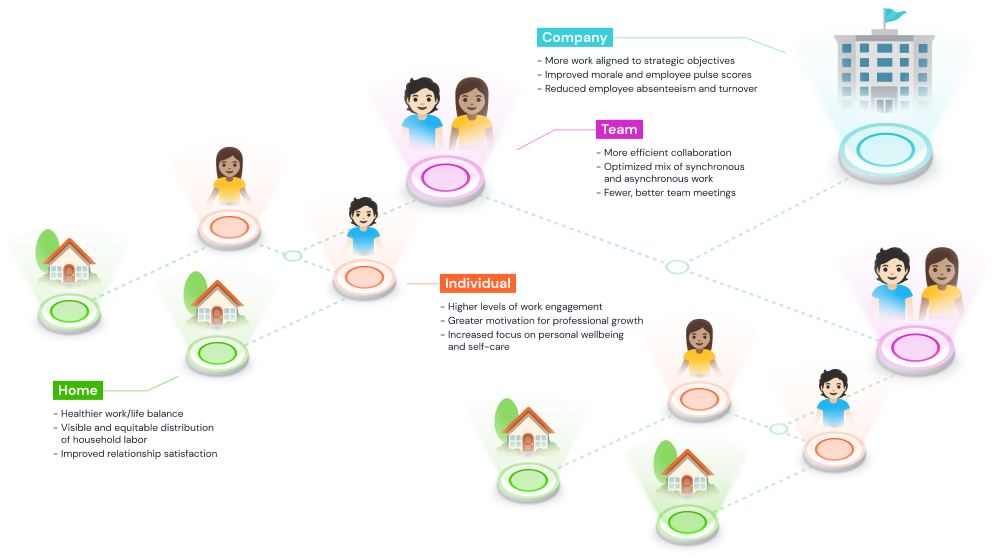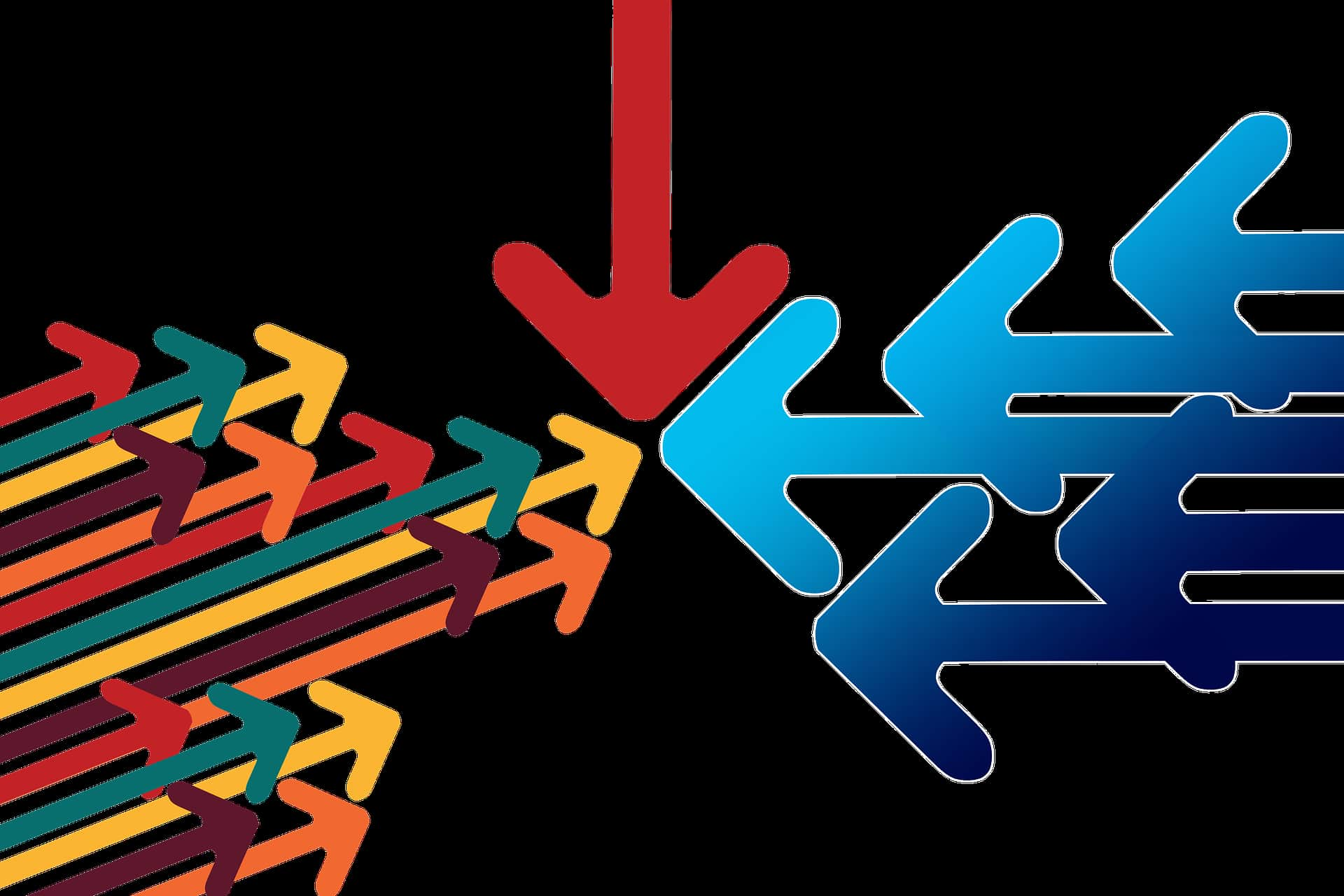
The Butterfly Effect 🦋of Adaptability & Resilience Skills
10 min
December 23, 2022 · 6 min

If there is one thing that we’ve learned from the events of a global pandemic, it’s that we are often not fully prepared for what comes next. You may have some idea of how best to proceed in any given circumstance, but ultimately until you experience that specific circumstance, it can be difficult to understand the most effective way forward. The best laid plans…or something like that right? This is probably not a novel concept for anyone at this point. In fact, the need to constantly adapt and change is as integral to the human experience as any other concept. Throughout history, adaptation to changing situations has led us to innovate, create and survive. So why bother examining our ability to adapt if it is so core to our human experience? Because like so many other things, the modern version requires a new set of skills and a new mindset. We are no longer avoiding predators in the forest, but rather a myriad of threats to our modern way of living and working.
Mental agility is the ability to adapt to new situations and environments. It is a key component of intelligence, and it can be trained. An agile mind can help you be more creative, make better decisions, and beat procrastination. It will also help you keep up with the pace of change in your life. The term “mental agility” was coined by American psychologist Howard Gardener, who defined it as “the capacity to solve new problems, to innovate, and to deal with change.”
This may seem like an obvious skillset to prioritize, but it is often under-discussed and in many cases relegated to the shadows. How often do you hear CEO’s discuss pivoting or proactively dealing with change, versus grand ideas of ‘vision’ or ‘long-term strategic planning?’ The need to ‘pivot’ is often seen as a failure, a last resort for a failed plan. So how do you reconcile between the need for mental agility in your day to day life, with the need for consistent long-term goals and strategy?
An interesting way to examine personal, mental agility, may be through the lens of 2 popular management theories and methodologies known as Agile Methodology and Six Sigma. Six Sigma was famously developed in the 1980’s by Bill Smith at Motorola to improve overall quality and reduce waste. It was implemented at General Electric and became a popular manufacturing and process management system to significantly improve product quality and save money. The core tenets of Six Sigma deal with focus, removing variation, clear communication and reducing bottlenecks. And the final principle is being flexible and responsive. Agile Methodology however, was the creation of software developers looking to break from the process of strict control to focus on speed, while also maintaining consistent quality. The core tenets of Agile Methodology are individuals over process, working versions over strict documentation, collaboration over strict negotiation, and responsiveness to change over adherence to a plan.
Each of these methodologies comes with its own strengths and weaknesses, and certainly each has its use in different situations, but above all share one common principle – the need for consistent improvement and adaptation. How can we take the principles and learnings from these tried and tested methodologies and apply them to our personal lives? The good news is that just like any certified Six Sigma individual will tell you, personal mental agility is a skill set and can be learned through training.
The first thing to understand is that mental agility is a mindset, a mental model through which you can examine your daily life and decision-making. It can be just as quickly used in a business setting as it can be used for your own personal life. And in today’s modern work environment, work and personal lives are often intertwined in a way that requires an effective method that can be used interchangeably to meet its demands. So what are ways that you can unlock the potential of mental agility?
A key component of mental agility is developing focus and sustained attention. At different times you need to be laser-focused on a specific task, while at other times you need to be able to zoom out and see the bigger picture. Developing a method for controlling your schedule and allowing yourself to dedicate time and attention to a specific activity. There are a number of methods for doing so, including time-blocking and the Pomodoro Technique, and each person may find a different strategy to be more or less effective for them. Ultimately though, putting templates in place to assist with your daily schedule allows you to feel more confident with individual tasks while knowing that you’ll have the ability to adjust and update as new changes or problems arise.
Mindfulness has certainly become a hot topic over the last few years, but its ability to rewire our brains and unlock potential is undeniable. Developing a mindfulness practice can allow you to be more open to change and growth and accept the challenges that are thrown at you. Spending so much time planning without the ability to focus on exactly what is in front of you can lead to a breakdown in effectiveness if those plans are suddenly changed. Mindfulness reduces stress and anxiety and allows you to accept things for what they are.
As we saw with the core tenets of Agile Methodology, collaboration and interaction are key to building an effective mode of work. The same is true of personal mental agility. Building resiliency is much more easily done when you have a support system to lean on, whether that is friends and family or work colleagues and mentors. If you wanted to become an expert in a sport, you would likely find a coach to help you along the way. This same principle applies to becoming more personally effective and learning the skills necessary to navigate our current environment. Utilizing a system to help you develop these skills like the BillionMinds coached offering.